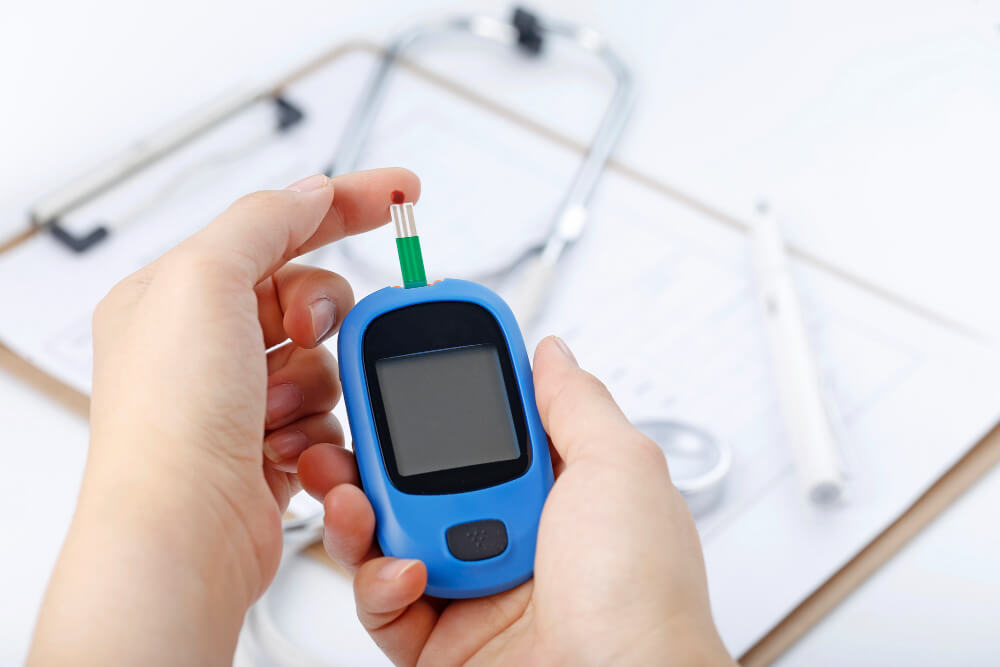Demystifying Diabetes: Understanding Insulin and Managing Your Health
For many, a diagnosis of diabetes can feel overwhelming. The influx of medical jargon, unfamiliar treatment plans, and concerns about managing a chronic condition can be daunting. But understanding insulin, a key player in diabetes management, can empower you to navigate your health journey with confidence. This article delves into the world of insulin, exploring its role in the body, different types available, and effective strategies for managing diabetes with insulin therapy.
Understanding Diabetes: The Role of Insulin
Imagine your body as a bustling city, and glucose (sugar) as the fuel that keeps everything running smoothly. Insulin acts as the key that unlocks the doors to your body’s cells, allowing glucose to enter and be used for energy.
In people with diabetes, this system malfunctions. There are two main types:
- Type 1 Diabetes: The body doesn’t produce insulin at all.
- Type 2 Diabetes: The body either doesn’t produce enough insulin or becomes resistant to its effects.
This results in an accumulation of glucose in the bloodstream, leading to various health complications if left unchecked.
How Does Insulin Work in the Body?
When we eat, carbohydrates are broken down into glucose during digestion. This rise in blood sugar triggers the pancreas to release insulin. Insulin then travels through the bloodstream and binds to receptors on cells throughout the body. This “unlocking” process allows glucose to enter the cells and be used for energy. As a result, blood sugar levels return to a normal range.
The Different Types of Insulin
The type of insulin you use depends on the severity of your diabetes, lifestyle, and individual needs. Here’s a breakdown of some common types:
- Rapid-acting insulin: Starts working within minutes, peaks in 1-3 hours, and wears off in 4-6 hours. Often used before meals to counter the rise in blood sugar.
- Short-acting insulin: Starts working within 30 minutes, peaks in 1-3 hours, and lasts for 3-6 hours. May be used before meals or to correct high blood sugar levels.
- Intermediate-acting insulin: Starts working within 1-2 hours, peaks in 4-12 hours, and lasts for 12-18 hours. Often used twice daily to provide sustained blood sugar control.
- Long-acting insulin: Starts working slowly and provides a steady background level of insulin for 24 hours or more. Typically used once or twice daily.
Combination insulins: These combine fast-acting and intermediate-acting insulin in a single injection, offering both rapid and sustained blood sugar control.
Managing Diabetes with Insulin: Key Strategies
Living well with diabetes on insulin involves incorporating various strategies into your daily routine:
- Monitoring Blood Sugar Levels: Regularly checking your blood sugar allows you to understand how your body reacts to food, exercise, and insulin.
- Injection Techniques and Devices: Learning proper injection techniques minimizes discomfort and ensures accurate insulin delivery. Various injection devices exist, such as pens and pumps, to suit individual preferences.
- Maintaining a Healthy Lifestyle: A balanced diet rich in whole foods and regular exercise are crucial for overall health and diabetes management.
- Diet: Focus on whole grains, fruits, vegetables, and lean proteins. Limit processed foods, sugary drinks, and unhealthy fats.
- Exercise: Regular physical activity helps your body utilize insulin more effectively and improves blood sugar control.
- Managing Stress: Chronic stress can raise blood sugar levels. Practice stress-reduction techniques like yoga, meditation, or deep breathing.
- Working with Your Healthcare Team: Regular consultation with your doctor, diabetes educator, and registered dietitian is essential for monitoring progress, adjusting treatment plans as needed, and addressing any concerns.
Addressing Common Concerns About Insulin Use
Living with diabetes on insulin is a common and manageable way to maintain good health. Here are some clarifications regarding potential anxieties:
- Myths and Misconceptions: There are misconceptions about insulin use, such as the belief it leads to weight gain or dependence. In reality, insulin replaces what your body can’t produce and helps prevent serious health complications.
- Potential Side Effects: Like any medication, insulin can have side effects, such as low blood sugar (hypoglycemia) or injection site reactions. However, your doctor can guide you on managing side effects and minimizing their impact.
Remember, knowledge is power. By understanding insulin and its role in diabetes management, you can take control of your health and live a fulfilling life. Don’t hesitate to ask questions and work collaboratively with your healthcare team to create a personalized approach that empowers you to manage your diabetes effectively.


